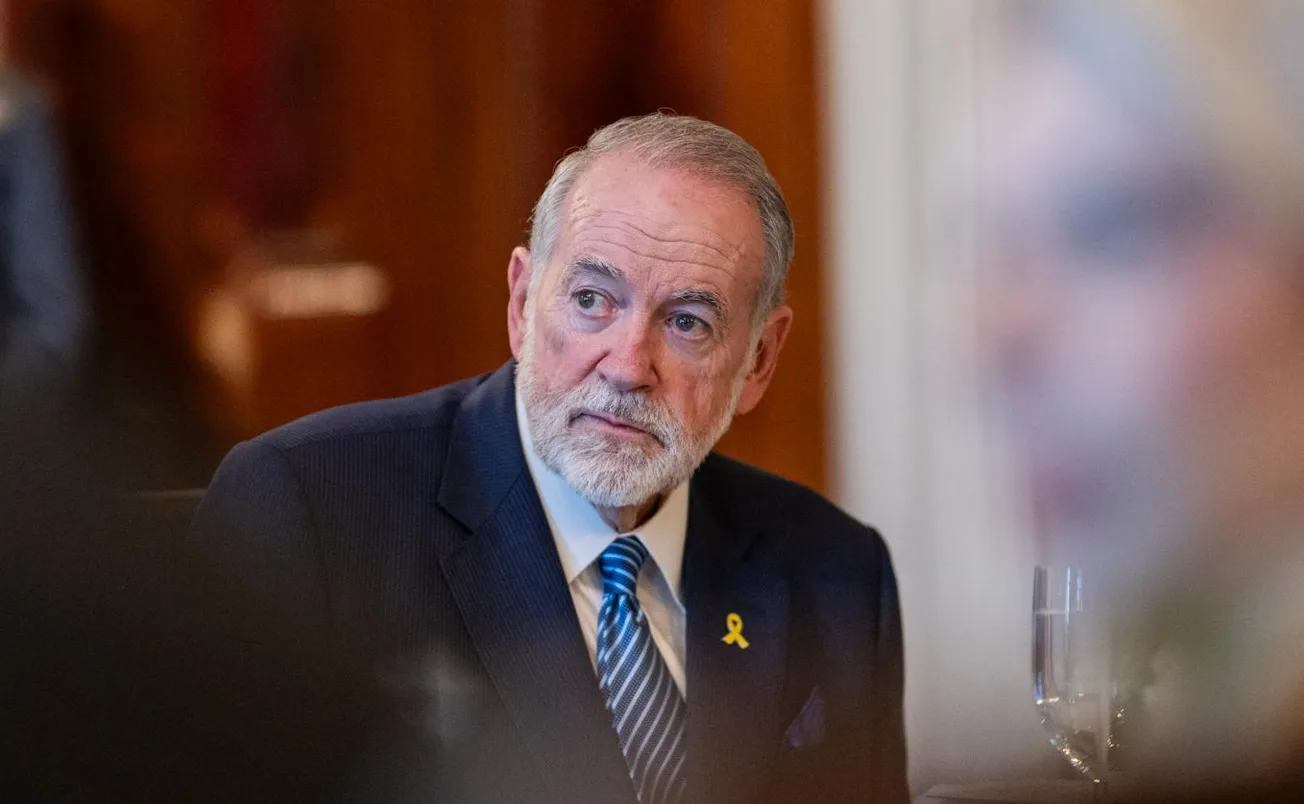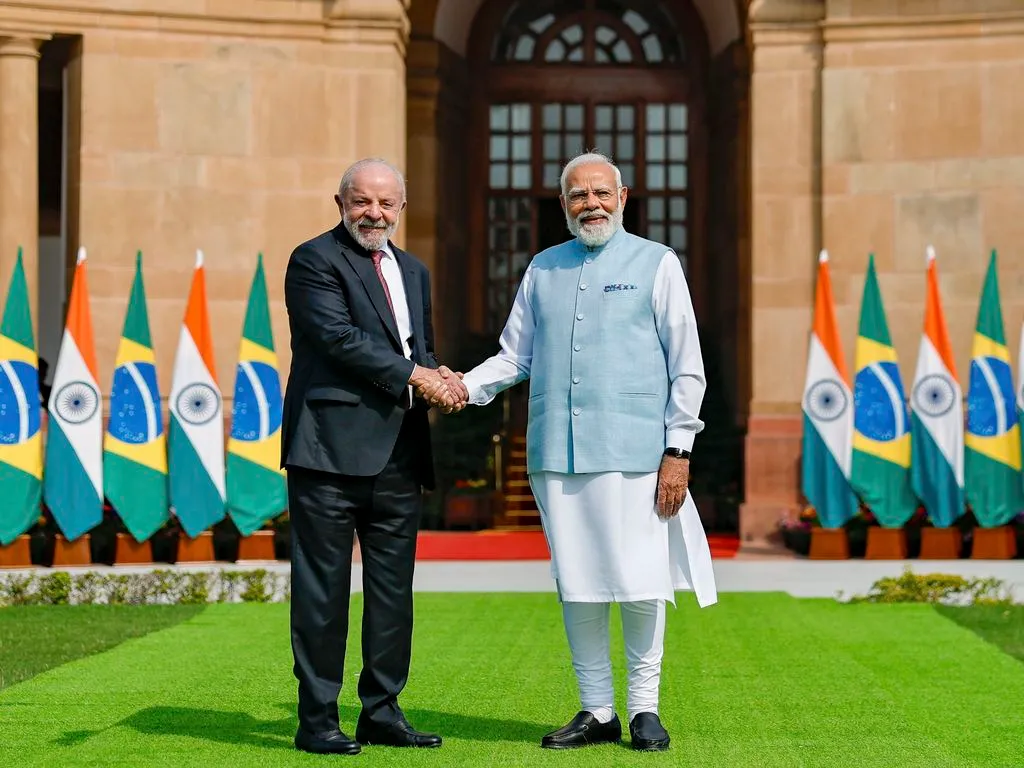House Speaker Mike Johnson (R-LA), has made clear that he intends to invite Israeli Prime Minister Benjamin Netanyahu to address the U.S. Congress and that he wants Senate Majority Leader Chuck Schumer (D-NY) to join him in signing a formal invitation. Although Schumer said he intended to sign, he is being pressured by liberal Democrats not to. Johnson, meanwhile, has said he will proceed with the invitation even if Schumer doesn’t put his name on it, in which case Netanyahu would only address the House, rather than a joint session of Congress. As of this writing, there is no response from Schumer.
The invitation has provoked much controversy on Capitol Hill. Today, Axios reported remarks by House Minority Leader Hakeem Jeffries (D-NY) claiming that there are few divisions in the House when it comes to Israel and that inviting Netanyahu isn’t a big deal. Not exactly. The Hill today reports angry statements from several Democrats who oppose the invitation to Netanyahu and warn that they will boycott his speech, should he appear. Especially in light of the International Criminal Court’s (ICC) effort to seek an arrest warrant against Netanyahu, many ask why someone charged as a war criminal should be invited to address the U.S. Congress. (One might reply that “birds of a feather stick together.”)
Rep. Hank Johnson (D-GA) argued: “I don’t see what would necessitate … a joint address for the Congress by a man who has been charged internationally for committing crimes against humanity.” Rep. Mark Pocan (D-WI) said that the ICC charges have drained Netanyahu of any credibility. “I don’t expect much from Netanyahu anymore. I barely consider him a world leader. I consider him a war criminal, at this point.” There are many more such statements from Democrats.
The Congressional Black Caucus is particularly angry that Johnson wants to invite Netanyahu but didn’t extend an invitation to Kenyan President William Ruto, who is in Washington on a state visit. According to Rep. Maxwell Frost (D-FL), failure to do so is “an abomination…. We haven’t had an African head of state address us in decades, so it’s a little upsetting. I think it’s a slap in the face, too, to our African countries.”




